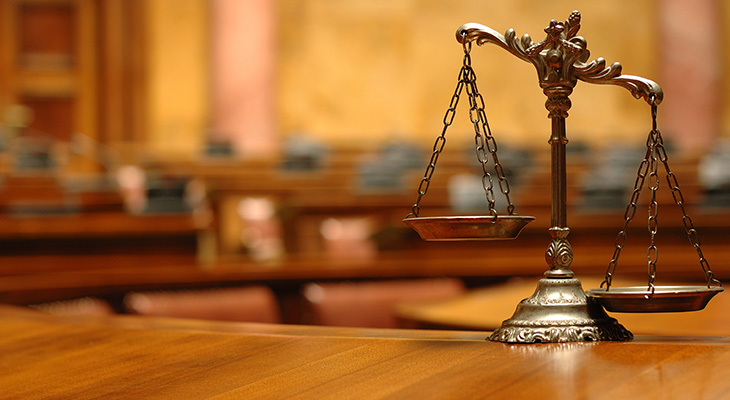
Dealing with criminal offence charges can be an increasingly stressful and emotional experience for anyone in Canada. The Canadian criminal justice system may seem highly complicated and confusing for the accused and their family. If you’re charged with a crime, seeking legal advice from an experienced criminal defence lawyer is the best thing you can do for your case. A dedicated criminal defence law firm can help you understand how criminal trial proceedings work to prepare you and devise the best defences for your legal matter.
Here, we will provide answers to frequently asked questions FAQs about criminal trials to help you understand the vital aspects of the criminal trial process in Canada:
What Rights Do I Have If I Get Accused Of A Crime?
If you’re accused of a criminal offence, you have the following rights under the Canadian Criminal Code:
- The right to a fair trial
- The right to due process
- The right to seek a legal remedy
- The rights of participation in politics and civil society, like freedom of association, the right to petition, the right to assemble, the right to vote, and self-defence
What Does The Crown Need To Prove To Convict Me Of An Offence?
To convict you of a criminal offence in Canada, the Crown must prove beyond a reasonable doubt that you (accused) are guilty of both the actus reus and mens rea parts of the alleged crime.
Actus reus refers to the actual criminal activity, while the mens rea means committing the criminal act with intent. For instance, during a murder case, to prove actus reus, the Crown Prosecutor must verify that your physical activity lead to the victim’s death. On the other hand, to prove mens rea, the Crown can demonstrate that you meant to kill the victim. For most crimes, both actus reus and mens rea must be proven beyond a reasonable doubt for conviction.
Is It Necessary For Me To Take A Stand At My Trial?
In Canada, everyone has a constitutionally protected right to silence, guaranteeing that nobody will ever be required to take a stand at their trial. However, you’re free to testify in your defence if you want, and there are situations where you must take the stand in your defence. For instance, you should take the stand if your defence requires you to testify about your mental condition at the offence time.
It’s worth noting that you should avoid taking the stand at your trial to avoid cross-examination by the Crown Prosecutor, who might put you in a situation where you will need to answer questions, undermining your defence. Your criminal defence lawyer will advise you whether it’s necessary or wise to take the stand during the trial, and you should always act upon their recommendation.
What Should I Do If I Have Been Called To Witness In A Trial?
If you have been called as a witness during a trial, you may willingly agree to attend the trial and provide the required evidence. If you do not agree to go, you might receive a legal notice (subpoena or notice) to participate in a trial, and you must comply with such notice. Failing to comply with a legal notice could result in the judge issuing your arrest warrant.
When you appear as a witness during a trial, you cannot refuse to answer a question just because it will put the blame on you. Canadians do have the constitutional right against self-incrimination. That’s why whatever you say on a witness stand that could incriminate you; the Crown cannot use it against you in any legal proceeding.
About Slaferek Callihoo
Slaferek Callihoo is a criminal defence law company based in Edmonton, Alberta. We assist our customers in defending against different criminal offences. Visit our website to learn more about us or contact us for professional legal guidance.
